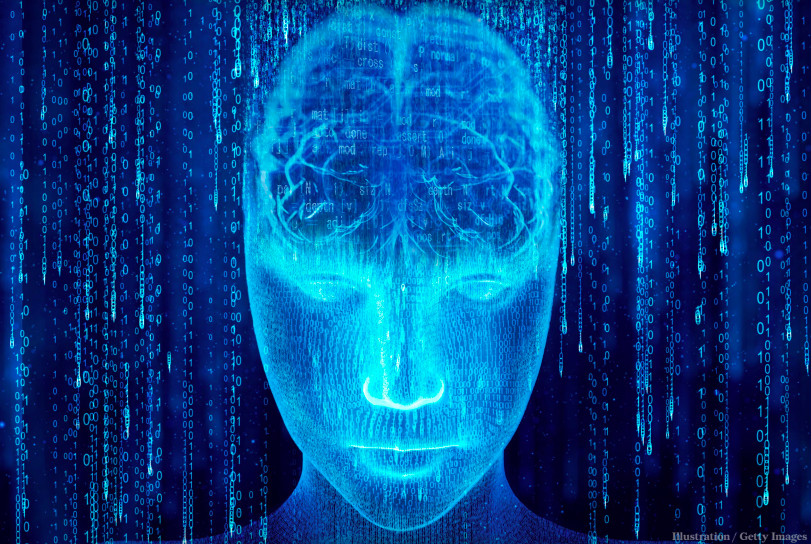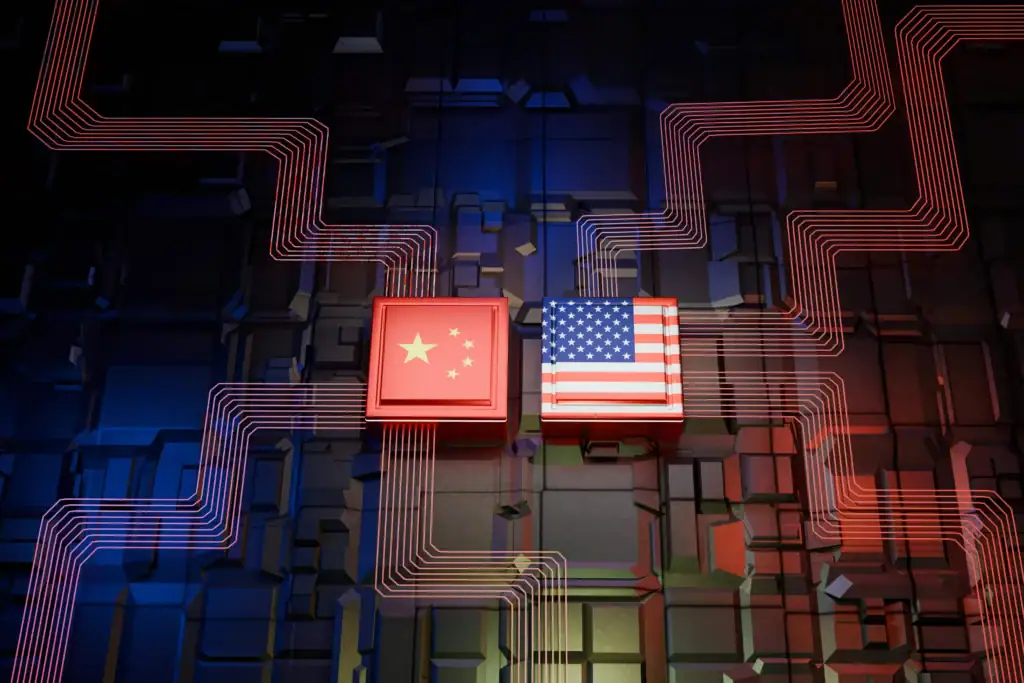
Integrated Intelligence: Human Uses of, Strategies on, and Rules for Artificial Intelligence in the 21st Century
Executive Summary
Humans have entered an age of artificial intelligence – or, rather, of integrated intelligence. Already becoming more familiar with some forms of artificial intelligence in their daily lives, they’ll inevitably embrace new technologies and techniques in everything from workplace productivity systems to drug design, manufacturing defect detection, and autonomous weapons. Given tiered societies and the complexity of consequences, American and other leaders must avoid trapping themselves in poor policies and practices. Rather than reacting counterproductively, they must strive for the sweet spot between important and urgent, innovative and responsible, private and public. Because they won’t soon be able to resolve substantial uncertainty regarding how strongly or how rapidly people will experience the effects of artificial intelligence, American and other policymakers must get curious, be active, and prepare for a range of potential outcomes. They must work on all fronts, from domestic legislation and international coordination to enterprise policies and personal practices, while accepting that they can’t control the future.
In this special report, the Future Frontiers team at New Lines Institute considers and proposes human uses of, strategies on, and rules for artificial intelligence in the 21st century. To do so, we summarize how humans have mythologized, theorized, and made machines since antiquity; explain how scientists and engineers have developed contemporary artificial intelligence during the industrial age, especially after World War II; provide an overview of artificial intelligence’s complex consequences in the age of adoption; offer ideas on how American and other leaders may create strategies, policies, and laws on the technology; and consider whether and how people in every segment of society may adopt standards and practices in the coming age of integrated intelligence.
The views expressed in this article are those of the author and not an official policy or position of New Lines Institute.




